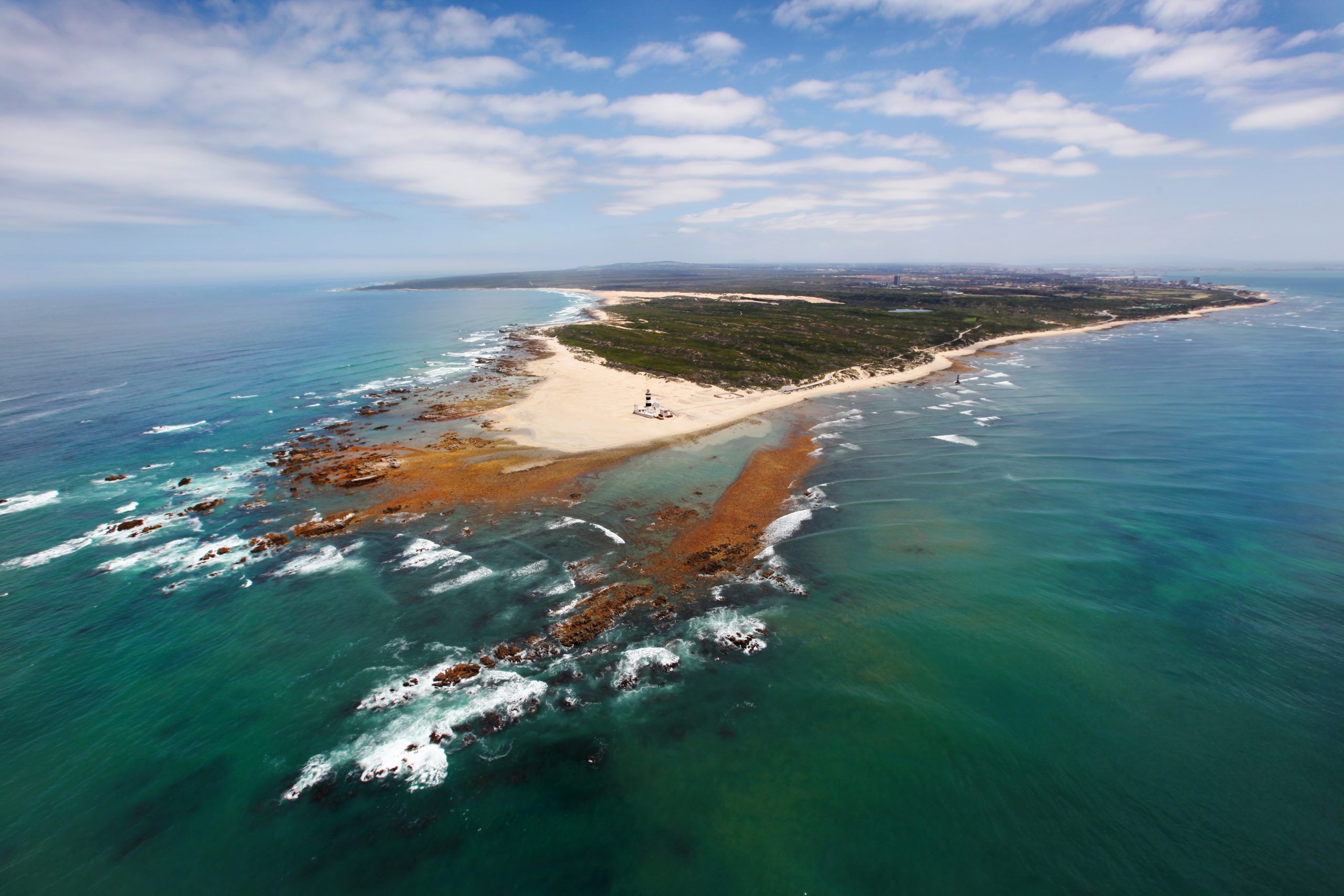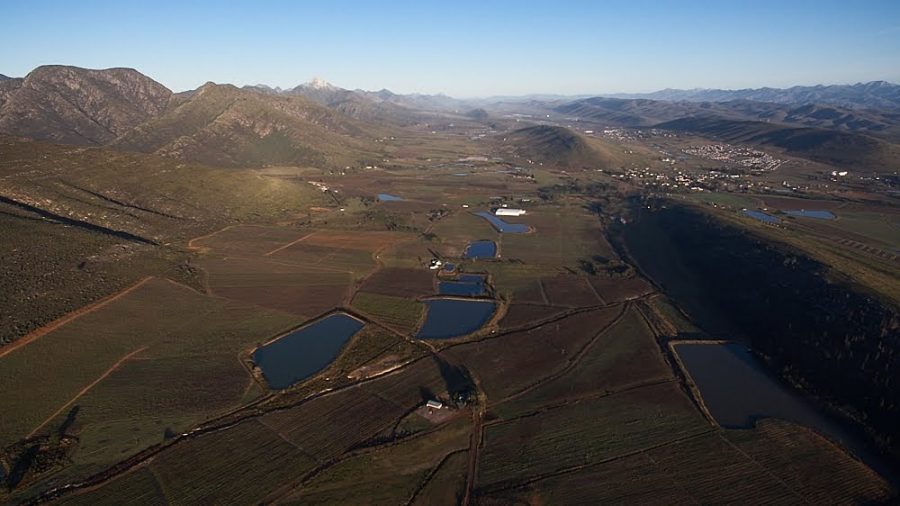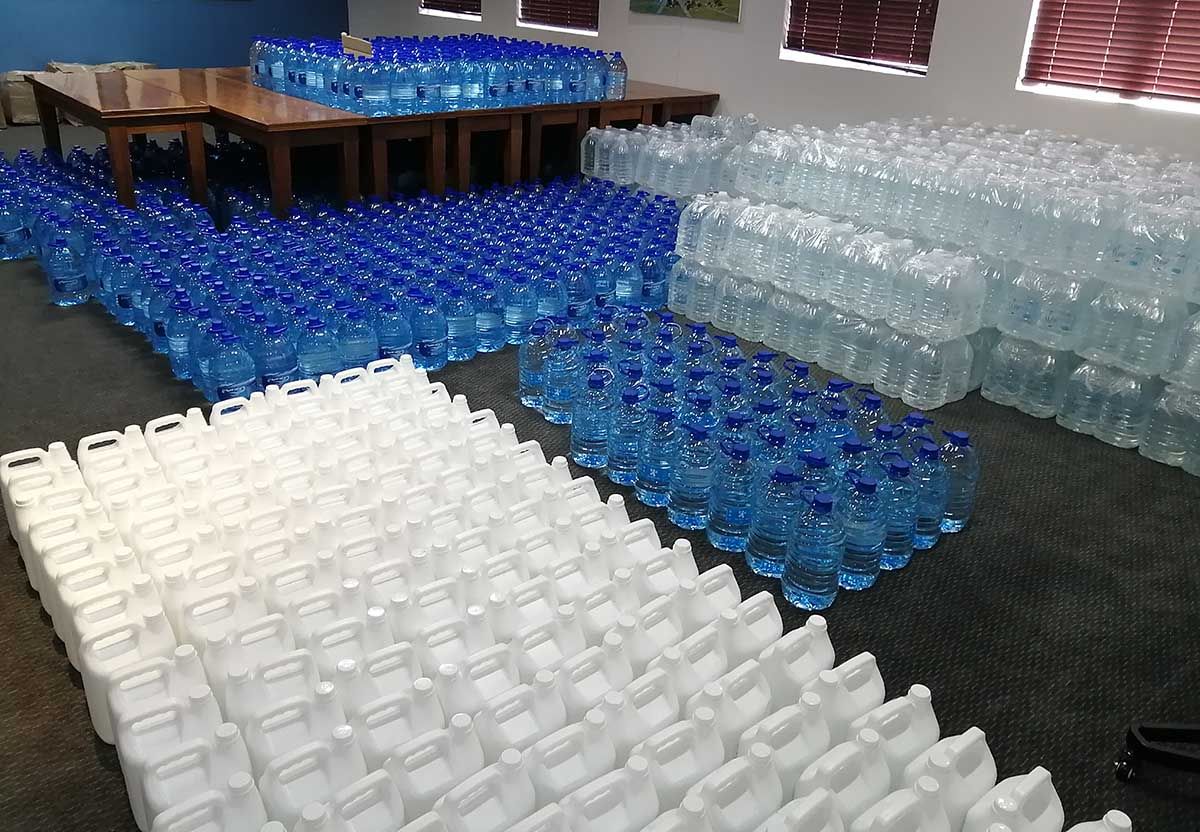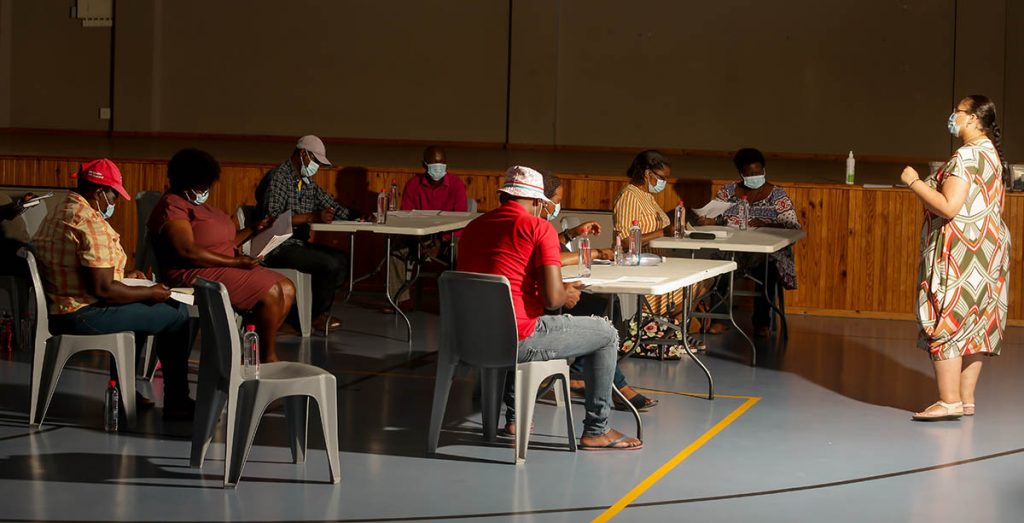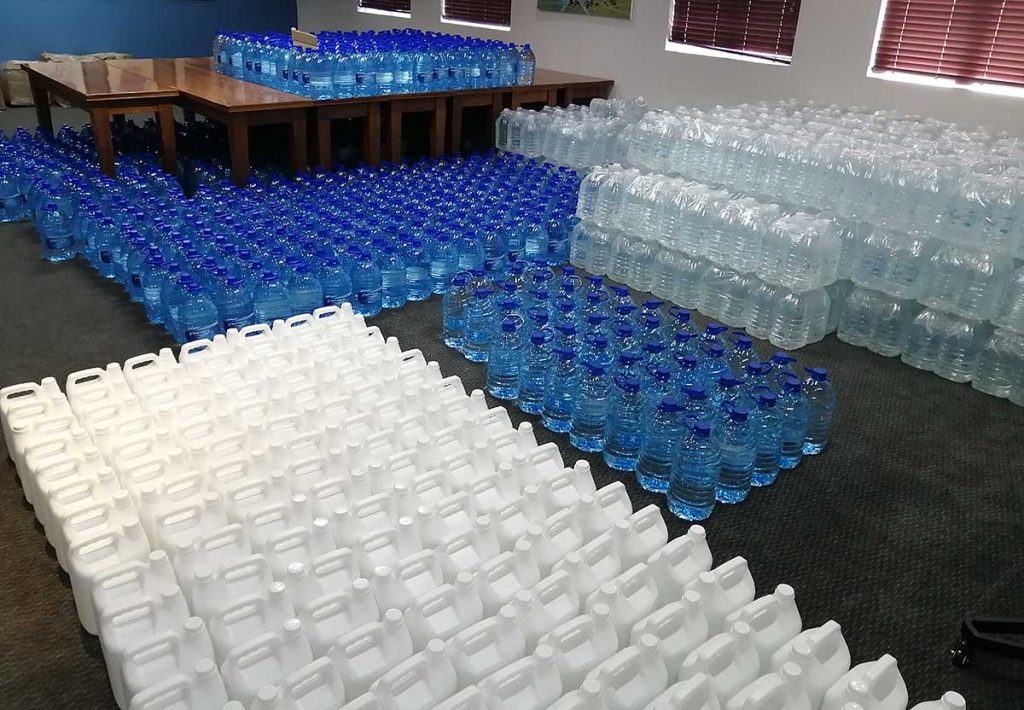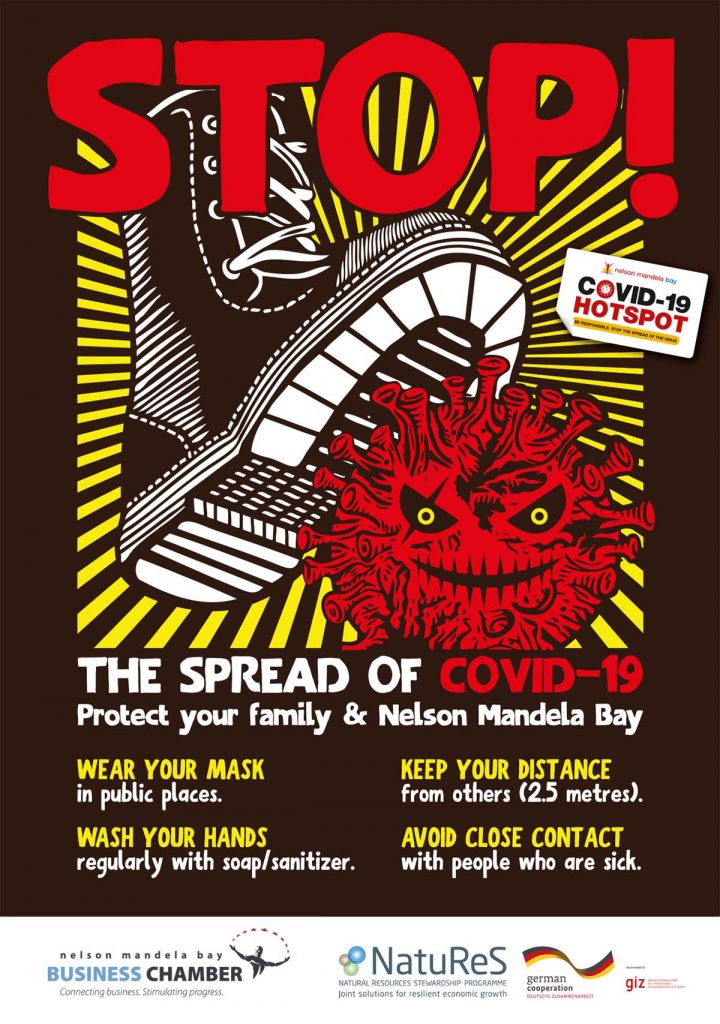The Value of Water in the Nelson Mandela Bay Area
Drought and scarcity of water can have devastating impacts on the social and economic development of a region, as can be seen in South Africa’s Eastern Cape Province, which is suffering from an ongoing drought and water crisis. In order to shed light on the impacts and evaluate different mitigation scenarios, the Natural Resources Stewardship Programme (NatuReS) as part of the Nelson Mandela Bay Water & Economic Resilience Partnership commissioned the Toulouse School of Economics (TSE) to analyse the impact of water scarcity and effects of different mitigation scenarios on economic growth and human wellbeing for the Nelson Mandela Bay (NMB) area and South Africa as a whole. The macroeconomic study found, by using a Computable General Equilibrium (CGE) Model, that improving water saving and reducing non-revenue water will have the most positive effects in terms of GDP and employment, while other measures such as water pricing and reuse and desalination will have little or no positive effects. Not addressing water scarcity will have the most negative effects with a decrease of GDP and loss of jobs.
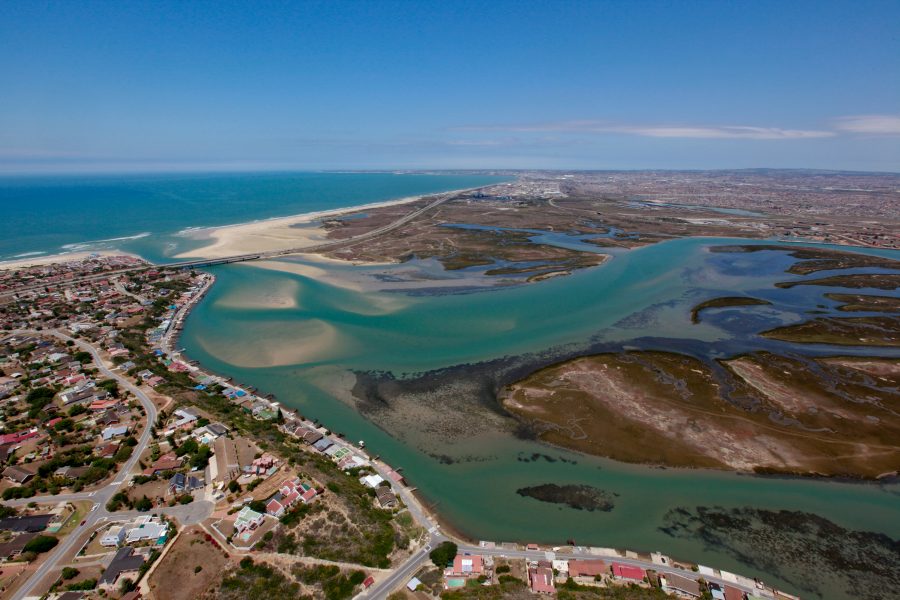
Apart from knowing about the impacts of scarcity, it is also very important to identify the most suitable areas for catchment restoration and management activities. Therefore, NatuReS within the framework of the Nelson Mandela Bay Water & Economic Resilience Partnership and the Algoa Bay Water Fund commissioned the economic consultancy StratEcon to do a comparative analysis of the three Eastern Cape catchments Kouga, Kromme and Baviaanskloof regarding their macroeconomic and water profiles. This way, the most attractive one to potential funders for restoration and catchment management activities should be identified. By firstly conducting a baseline study of the physical and economic environments of the catchments and subsequently calculating a multicriteria decision analysis (MCDA), the Kouga catchment was identified as the most suitable for potential funders.
These findings shall help to inform policymakers and funders to focus their endeavours on the right measures to address the water security challenges in NMB. NatuReS aims to support solutions that improve water security, ensure livelihood strategies and safeguard economic investment through a natural resource stewardship approach, while protecting upstream landscape integrity. For this, the two comprehensive studies were concisely summarised and published as informative brochures to promote stewardship in the Nelson Mandela Bay area and beyond. Please find the brochure “The economic impacts of water insecurity” here and “Economic Baseline and Comparative Analysis” here.
